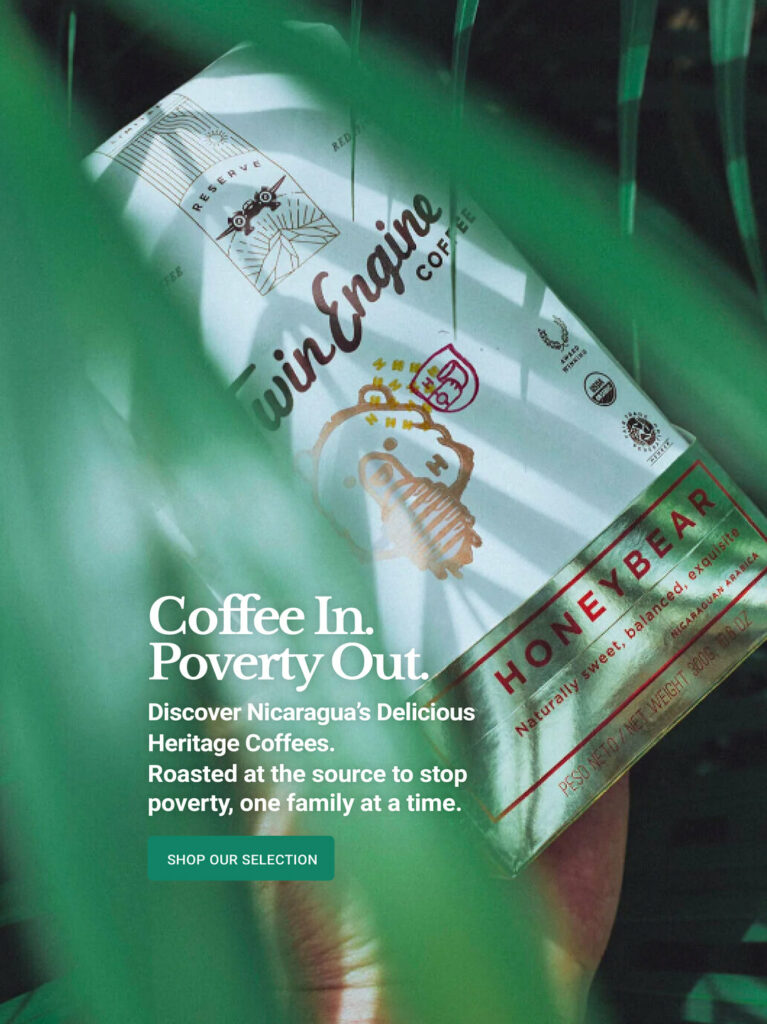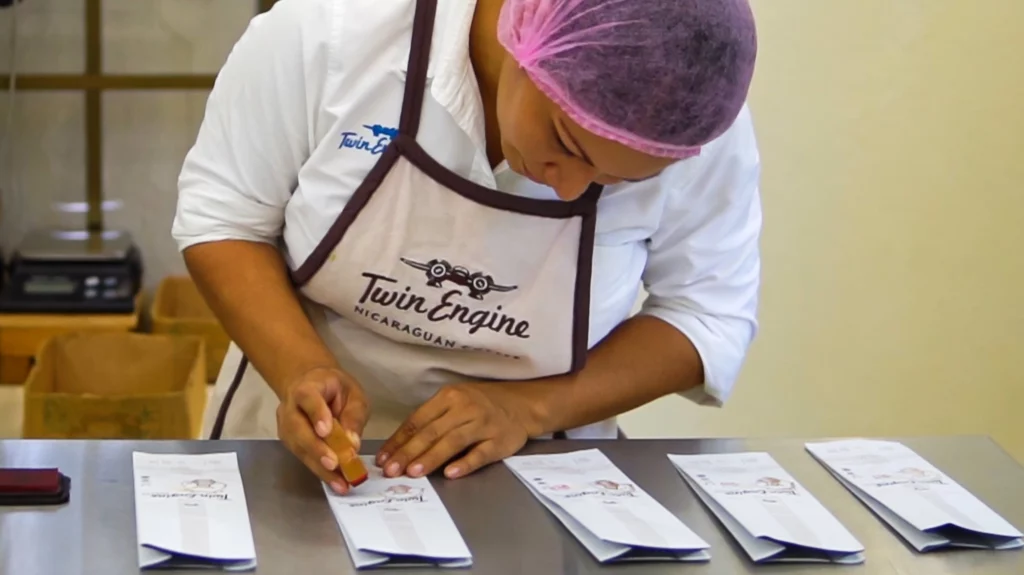Understanding the Importance of Sustainability in the Coffee Industry
Sustainability is not just a buzzword; it is a necessity in today’s world, particularly in the coffee industry. Sustainable coffee practices aim to create a balance between environmental health, social equity, and economic prosperity. For coffee growers, sustainable farming methods mean better soil quality, improved crop yield, and reduced dependence on chemical pesticides and fertilizers. For consumers, it translates to better tasting and healthier coffee. For the environment, it signifies preserved biodiversity and reduced carbon footprint.
Companies like Twin Engine Coffee play a crucial role in promoting sustainable coffee practices. They invest in shade-grown coffee farming, water conservation, and waste management practices, making a significant impact on the overall coffee ecosystem.
The Significance of Ethical Sourcing in the Coffee Trade
Ethical sourcing is about ensuring that the coffee we drink is produced and traded in a way that respects the farmers and the environment. It involves fair payment to farmers, decent working conditions, and a commitment to environmental conservation.
Twin Engine Coffee stands out for its ethical sourcing practices. The company ensures fair wages and working conditions for its coffee growers in Nicaragua, thereby improving their living standards. In doing so, Twin Engine Coffee is not only helping Nicaraguan coffee farmers but also enriching the taste of the coffee we enjoy.

Organic Coffee: More than a Trend
Organic coffee is produced without synthetic fertilizers or pesticides, protecting both the consumers’ health and the environment. Organic farming practices preserve soil fertility, conserve water, and reduce pollution.
Twin Engine Coffee’s commitment to organic cultivation is notable. They have dedicated their operations to producing organic coffee, contributing to healthier consumers and a healthier planet.
Transparency: Building Trust in the Coffee Industry
In an era where consumers are more conscious about what they consume, transparency in the coffee industry has become a necessity. Transparency builds trust, improves product quality, and encourages fair trade practices.
Twin Engine Coffee is a trailblazer in the industry when it comes to transparency. They provide detailed information about their coffee production processes, sourcing methods, and the people behind their coffee. This level of transparency not only builds trust but also gives consumers a deeper appreciation of their coffee.
Twin Engine Coffee: Boosting the Nicaraguan Economy
Twin Engine Coffee’s business model is also worth highlighting. The company chooses to leave 80 percent of its business in Nicaragua. This decision significantly benefits the local economy by providing employment, improving income levels, and contributing to overall economic growth.
In essence, every time you buy a bag of Twin Engine Coffee, you are not only purchasing high-quality, sustainable, and organic coffee but also contributing to a better life for coffee growers in Nicaragua.
Conclusion
As a coffee enthusiast, I believe that our choices should not only be driven by the taste and aroma of our coffee. It should also be about appreciating the journey from bean to brew and understanding our role in that journey. By choosing sustainable, ethically sourced, organic, and transparently produced coffee like that of Twin Engine Coffee, we can contribute to positive change in the coffee industry and enjoy a more satisfying coffee experience.
So next time you brew your coffee, remember, it’s more than just a beverage—it’s a commitment to sustainability, a nod to ethical sourcing, an endorsement of organic farming, and a statement of transparency. Choose wisely, choose consciously, and enjoy your coffee responsibly.
Taste the difference. Make a difference. Embrace the ethos of sustainable coffee consumption today. We at Coffeecharmer.com are proud to serve Twin Engine Coffee at pop-up and coffee tasting events

Side Note: The Nuances of Fair Trade and Direct Trade: A Deeper Dive with Twin Engine Coffee
Coffee aficionados have undoubtedly come across the term “fair trade” in their coffee journey. However, to truly appreciate its essence, one needs to delve into its economic and ethical implications. Fair trade, at its core, seeks to empower coffee producers in developing countries, ensuring they receive equitable remuneration for their hard work. In many standardized fair trade models, roughly 20% of the value of the process remains within the producing communities. This means that 20% of the profits derived from the coffee production cycle are reinvested into the very communities that grow and process the coffee beans, aiding their socio-economic development.
However, as commendable as the fair trade initiative is, Twin Engine Coffee has set an even higher benchmark, taking the concept of fair trade and supercharging it. By ensuring that a staggering 80% of the business remains in Nicaragua, Twin Engine Coffee is essentially practicing what could be termed as “4 times direct trade.”
So, what does this mean in practical terms? Firstly, it implies that Twin Engine Coffee is reinvesting four times the standard fair trade value back into the Nicaraguan coffee communities. This massive reinvestment ensures that these communities have a significantly larger share of profits to reinvest in infrastructure, education, health, and overall development. It’s a move that greatly amplifies the positive socio-economic impact of the coffee trade in Nicaragua.
Moreover, the “4 times direct trade” practice showcases Twin Engine Coffee’s commitment not just to ethical coffee trading, but to a transformative business model. In an industry that often sees producers grappling with financial insecurities, fluctuating market prices, and socio-economic challenges, Twin Engine Coffee’s approach can pave the way for a new gold standard.
But beyond the numbers and the economic implications, there’s a deeper story here. This story is about respect – respect for the hardworking coffee producers, for the rich and fertile soils of Nicaragua, and for the timeless tradition of coffee production. It’s about recognizing that the true value of coffee doesn’t just lie in its aromatic brew, but in the hands that cultivate it, the communities that celebrate it, and the connections that it fosters.
In a world where business models often prioritize profit over people, Twin Engine Coffee offers a heartening narrative. It proves that businesses can indeed be profitable while uplifting the very communities they rely on. And in doing so, they redefine not just the taste, but also the ethos of our morning brew.
Here’s to hoping that more coffee companies globally take inspiration from such transformative practices and realize that in the world of coffee, fairness, respect, and community are the most aromatic blends.


